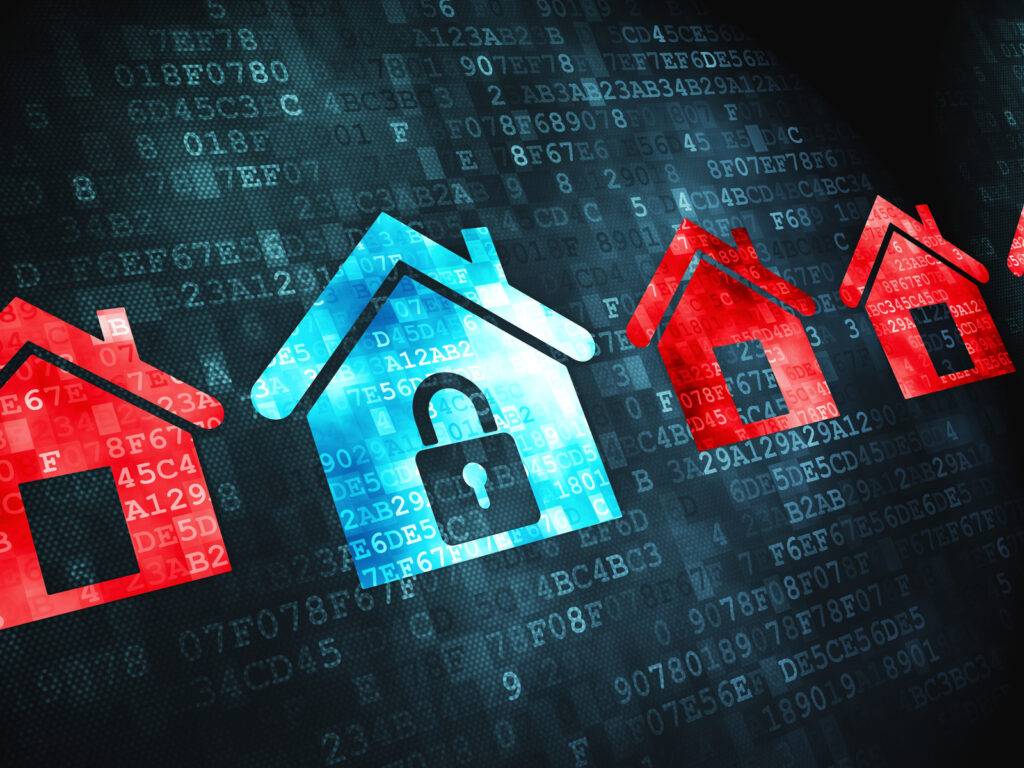10 Essential Tips for your Home Network Security
Home network security is essential for keeping your data safe and securing your devices from malicious attacks by internet hackers.
With the ever-growing number of connected devices in our homes, it is more important now than ever to protect your wi fi network.
Whether you’re using a wired or wireless router connection, here are our Top 10 home network security tips:
1. Change the Default Administrator Password:
For starters, always change the default administrator password for your router – this will help deter hackers from attempting to gain access and make your router harder to hack.
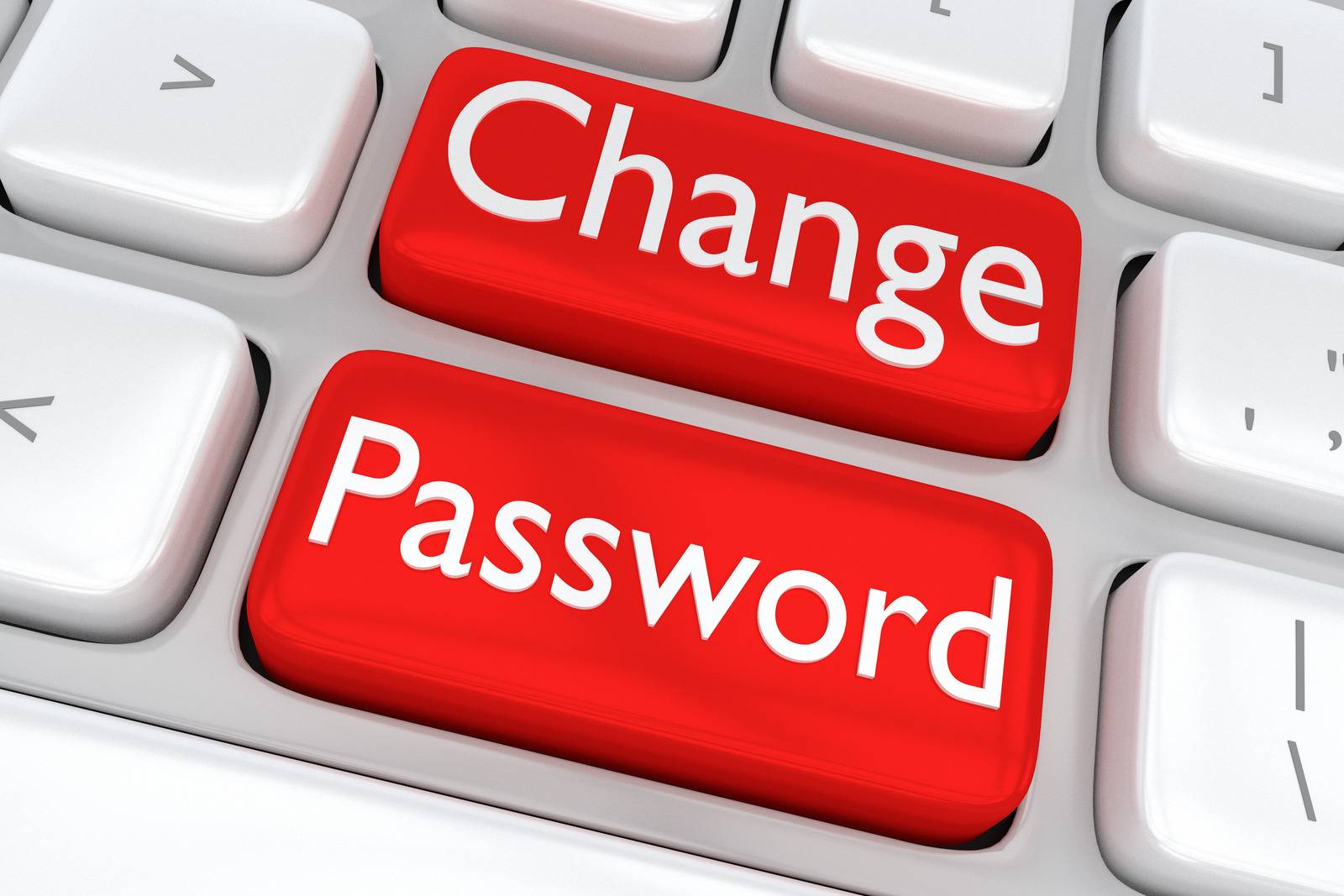
Choose a strong password with a combination of numbers, symbols and letters. You can also consider using a password manager to keep your passwords safe.
2. Update Your Router Firmware Periodically:
Regularly updating your router firmware is another good way to protect your home network from malicious attacks.
This will ensure the latest security patches are applied which may help fix any potential vulnerabilities that hackers can use to gain access.
Many routers will alert you when a new firmware update is available , however it’s always best to check the manufacturer’s website on a regular basis just in case.
3. Use Firewalls:
One of the most effective methods for keeping your network secure is by using firewall protection. This helps to filter out malicious software and block any unwanted traffic from entering your network.

Most routers come with built-in firewalls but you can also consider using third party firewall software for added security.
Firewall software options
- Norton Security Suite
- McAfee Total Protection
- Kaspersky Internet Security
- AVG Antivirus
- Bitdefender Total Security
By installing Antivirus software and implementing firewall protection, you can add another layer of defence to protect your home network.
4. Enable Network Encryption:
For an added layer of protection, enabling encryption on your router will help keep your network safe against hackers trying to gain access and steal your data.
The two most commonly used encryption methods are WPA2 or WPA3, both of which are much more secure than the older WEP protocol.

Be sure to select a strong password when enabling encryption as it will be required when connecting new devices to your network.
By enabling encryption on your router, you are essentially scrambling the data travelling between devices which makes it harder for hackers to intercept and read your data.
5. Disable Remote Access:
By default, many routers will allow remote access for administrators to make changes or check settings on the router from anywhere in the world.
Disabling this feature is recommended to prevent any unwanted access by hackers attempting to gain access and control of your router remotely.
6.Make sure router is not EOL and is still receiving firmware security updates:
It is important to ensure that your router is not End of Life (EOL) and is still receiving firmware security updates from the manufactures.

Old routers can be vulnerable to hacking attempts, as they do not receive the latest security patches and may contain exploitable vulnerabilities.
7.Secure Your Wi-Fi Network:
Your Wi fi network and wireless connection should be encrypted with a strong WPA2 password.
A WPA2 password should use a combination of random numbers, symbols and letters to make it harder for hackers to crack.
To keep your password secure, avoid using dictionary words as they are easier to guess.
You can also consider using a random password generator tool or password manager such as LastPass or 1Password.
8.Service Set Identifier (SSID)
Also do not broadcast the network name (SSID) of your wireless internet connection as this will make it easier for hackers to gain access.
If possible, restrict wireless access to specific connected devices only and keep a record of MAC addresses connected to your network.
9.Hide your IP address
Your IP address should also be hidden so that hackers can’t use it to gain access.
This is often referred to as IP masquerading or network address translation (NAT).
You may need to contact your ISP for help in configuring this feature.
You can check your IP address by using a website such as www.whatismyip.com.
10.Be vigilant, Don’t click links in emails
Finally, it is important to be vigilant and not click on links in emails that you are unsure of.

Phishing scams are a common way for hackers to gain access to your network.
Make sure you only visit legitimate sites with an HTTPS connection and avoid downloading software from unverified sources.
Additional things to help improve your home network
Home Network Security is essential to protect yourself from cyber threats. By following the tips above, you can help secure your home network and keep your data safe.
Make sure to review these steps regularly and update them if necessary. With proper security measures in place, you can feel confident that your home network is safe and secure.
Here are some additional things you can do to improve your home network security:
Install a Guest Network
Creating a guest network is another great way to add an extra layer of protection to your home network security.
A guest network will allow you to limit internet access, while still allowing visitors to connect devices such as laptops or tablets to the internet.
This can be done by setting up a separate wireless connection with its own password and specific settings for guest devices.
Secure IoT devices
Internet of Things (IoT) devices such as security cameras, smart doorbells, thermostats and smart TVs are becoming increasingly popular in homes.
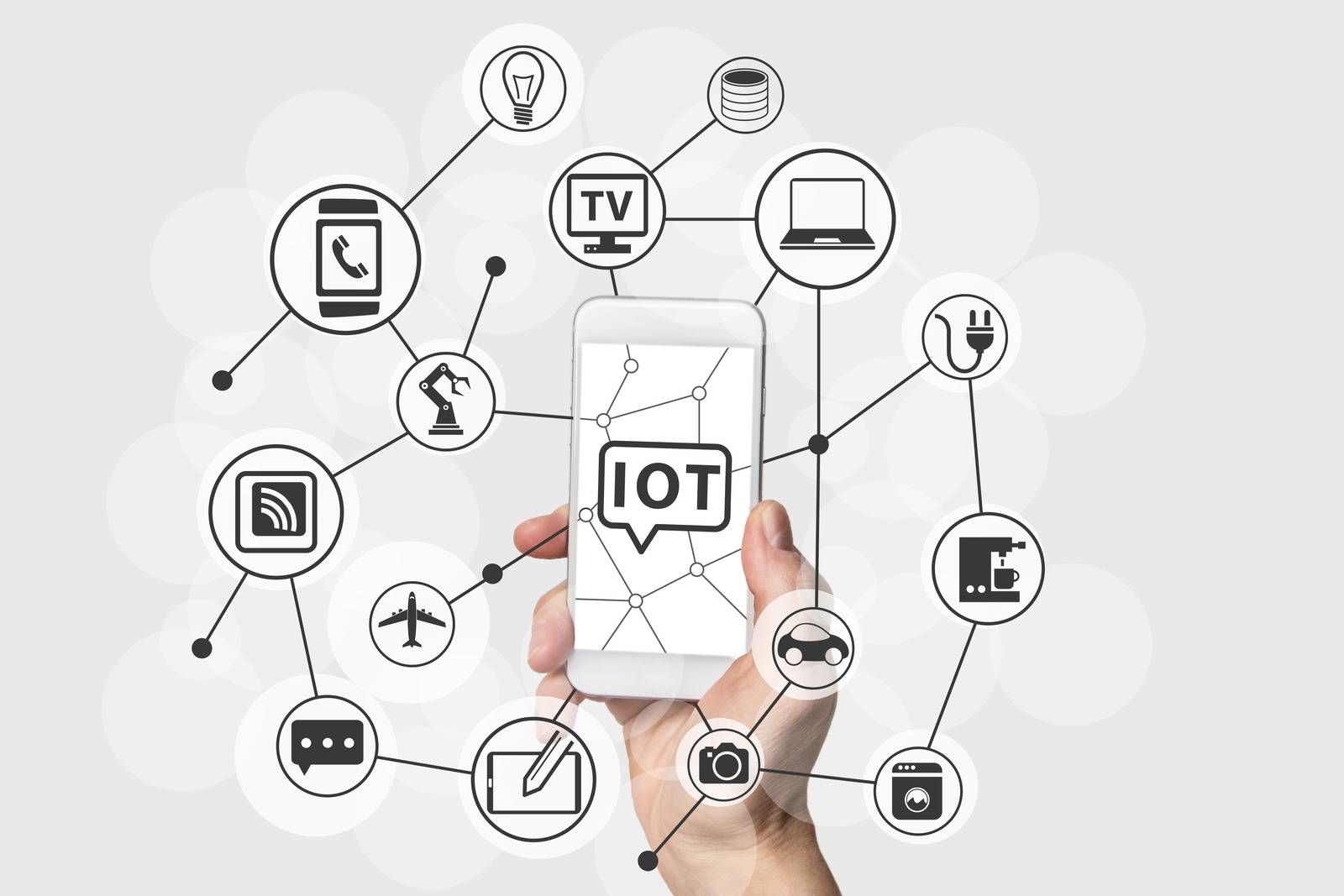
However, many of these IoT devices come with their own security risks.
It is important to ensure that your IoT devices are secured properly and all default passwords are changed.
Regularly check for updates and use strong passwords for any devices that can be accessed remotely.
Secure Smart Home Devices
Smart Home Devices such as the Amazon Alexa, Google Home and Apple Homekit can also be secured by ensuring that only devices you trust have access to your home network.
You should also ensure that any personal data is encrypted when stored on the cloud.
All Devices connected to you your home WI-FI network should also kept up to date with the latest security patches and antivirus software.
Verify Connected Devices
It is important to regularly verify all devices connected to your home WIFI network and ensure that only authorized devices have access.
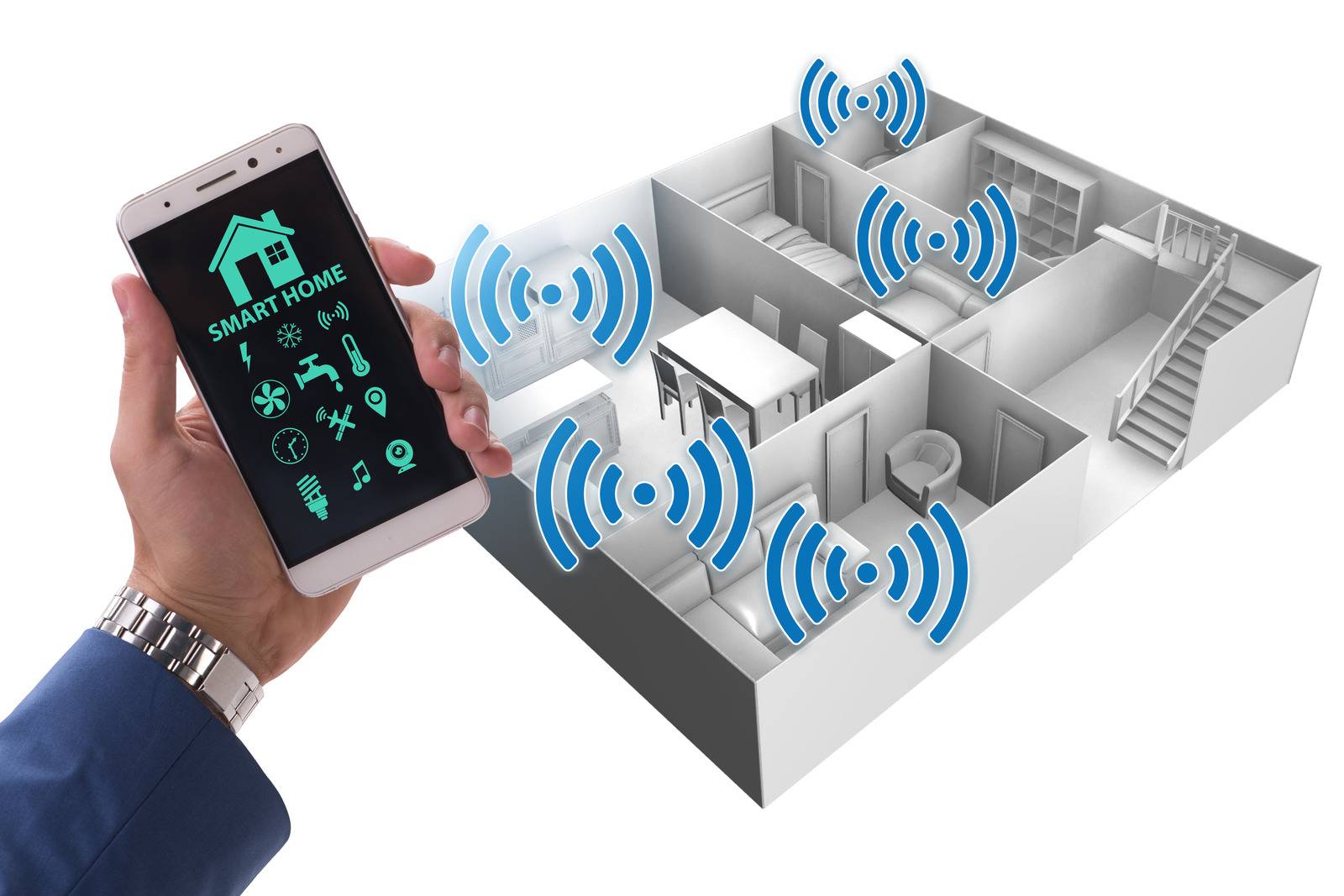
You can do this by checking the list of connected devices in your router settings.
If you find any suspicious activity or devices, take action immediately to secure your home network.
Update your Router settings
It is a good idea to regularly update your router settings.
Your router settings can be changed to add extra login security, such as two-factor authentication.
This can be done by logging into router’s interface, you should check here for firewall updates and ensure your wireless connection is set to auto and manually select one with less interference from other networks in your area.
Router login credentials should also be regularly changed to help prevent unauthorized access.
If your internet access point is not up to date or cannot be updated, then it may be time to look at investing in a new router.
Most routers especially newer ones will come with the latest security features which can help to protect your WIFI network.
Wireless Routers Vs Wired Routers
Wireless Routers offer the flexibility of remote access to the internet without being tethered to a physical connection.
However, since wireless connections are vulnerable to attack, it is important to take steps to secure them.
Wireless routers should be switched off when not in use, as this will help to reduce the risk of hackers gaining access.
Wired Routers, on the other hand, offer greater security as internet traffic is routed through a physical connection rather than over the air.
Therefore, it is important to ensure your home network has both wired and wireless routers connected for optimum protection.
Monitor Network Activity
It’s also important to keep an eye on your WIFI network activity by regularly checking your router logs.
This will help you to identify any suspicious activity or devices that may be trying to access your home.
If you are technically inclined, you can also use a network monitoring tool, such as Wireshark to monitor your home network traffic and identify any suspicious activity. This is advanced level stuff though, you have been warned!
Router Location
The location of your router should also be considered, as it is important to make sure that it is not easily accessible by others.
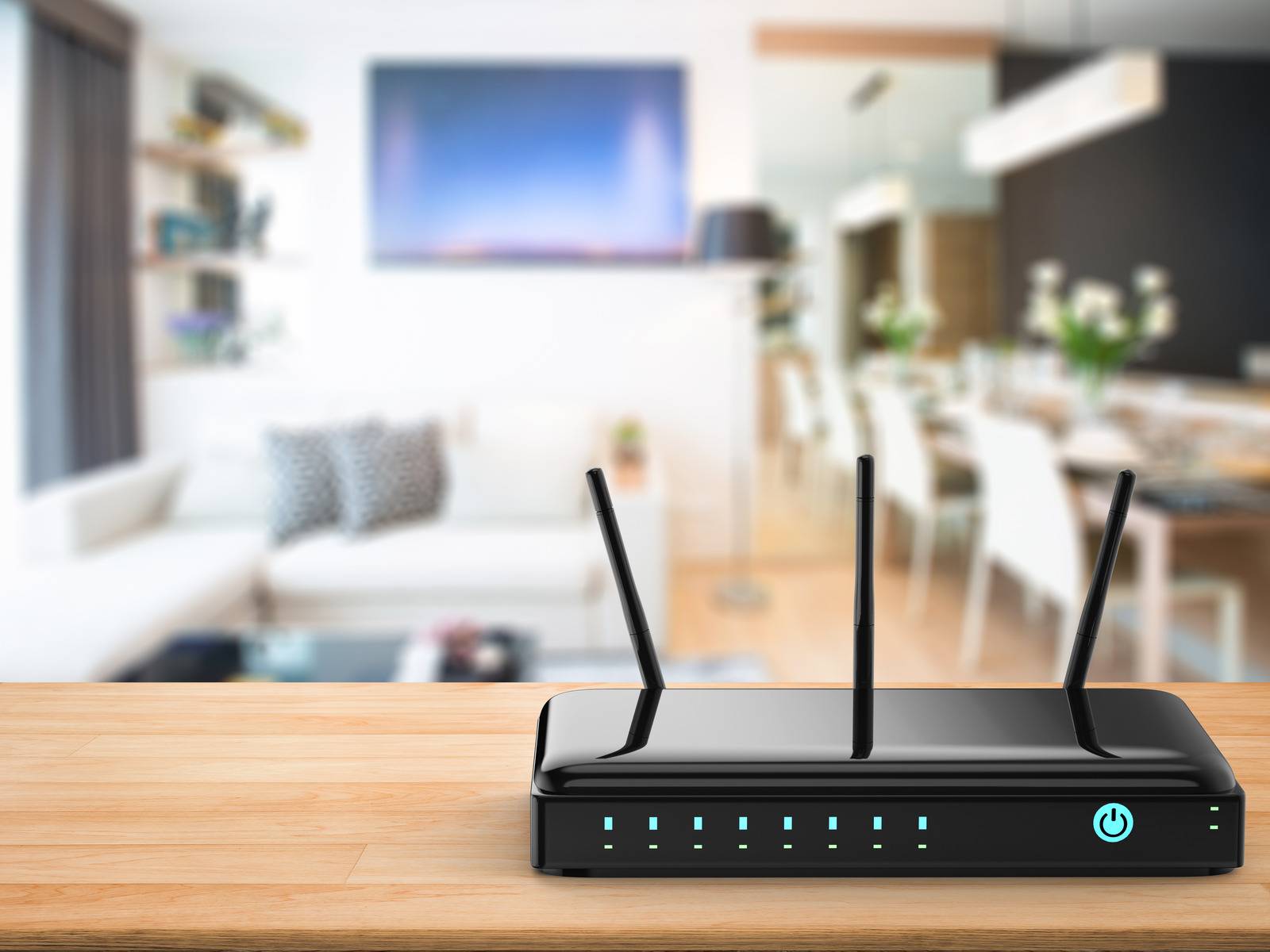
It is recommended that your router is placed in a central location within your home and at least 10 feet away from any metal objects such as microwaves or cordless phones.
Use a VPN for additional home network security
For additional home wi fi network security, consider using a VPN (virtual private network).
A VPN can help to protect your personal data from being intercepted by hackers.
VPNs also help to hide your IP address and encrypt any data sent or received over the internet.

Consider Changing your IP address
Finally, if you suspect that there is someone trying to gain access to your internet connection then it may be a good idea to consider changing your IP address.
You can do this by resetting your router or by contacting your ISP.
WPA3 Router
The current standard for home wireless networks is WPA3 and it offers higher levels of encryption for Wi-Fi connections as well as improved authentication methods.
If your router does not support WPA3, then you should consider upgrading to a router that supports this security protocol.
What is the best home network Security?
The best home wi fi network security is a combination of different measures such as using strong passwords, regularly checking for updates, encrypting data and limiting access to authorized devices.
You should also regularly scan your WIFI network to identify any suspicious activity or devices that may have gained access.
Do I need Home network security?
Yes, it is important to protect your home network from potential security threats.
By taking the necessary precautions such as using a guest network, securing IoT devices, regularly verifying connected devices and updating router settings you can help to ensure that your home network remains secure.
It is also important to use a VPN for additional protection when accessing a public Wi-Fi network.
Finally, it is a good idea to keep an eye on your network activity and make sure that your router is placed in a secure location.
How do I know my home network is secure?
You will know your wi fi network is secure by regularly taking steps to ensure it remains secure.
If you do have a security breach, then you should take immediate action to protect your home network.
You should also look for signs of suspicious activity on the connected devices, such as random or unrecognized data usage, slow internet speeds or invalid login attempts.
If any of these occur, it’s important to take steps immediately to secure your home network.
Conclusion
By following these tips and taking the necessary steps to improve securing your home security, you can ensure that your family’s personal data and sensitive information is safe from hackers and other cyber criminals.
It is also important to be proactive and stay informed about the latest security threats, as well as any changes in technology that could affect your home network security.
Keep in mind that investing in a secure router and using the latest security measures can help keep your data safe online.
Having a secure internet connection is essential for protecting your privacy and protecting your family and home.
Take the time to ensure that your home network is properly secured and give yourself peace of mind that your data is safe.

